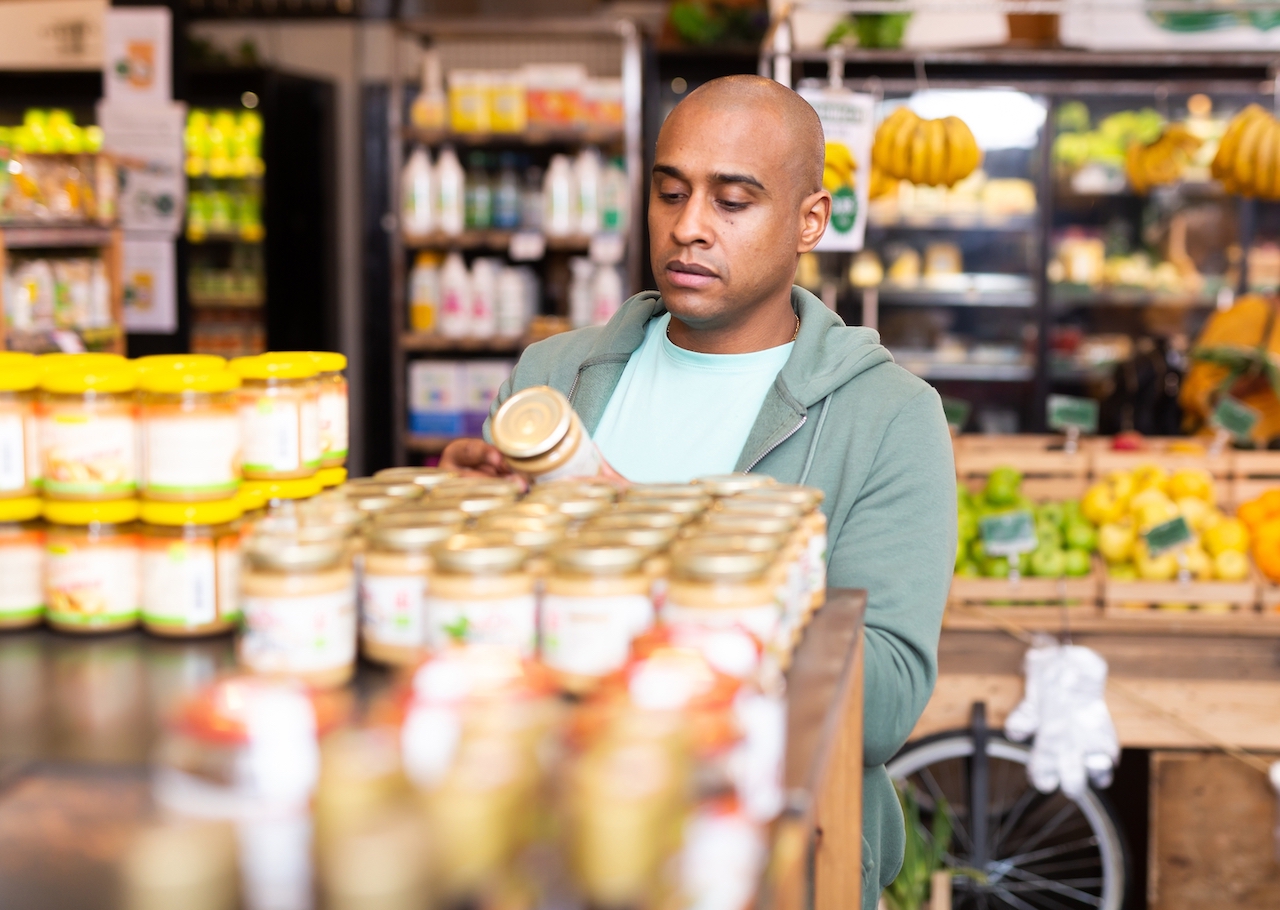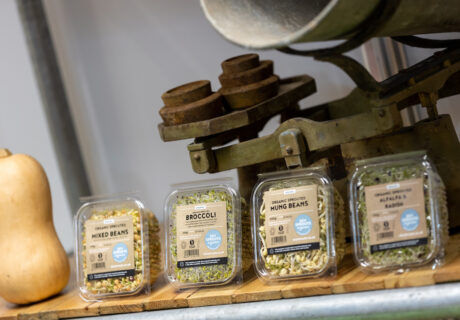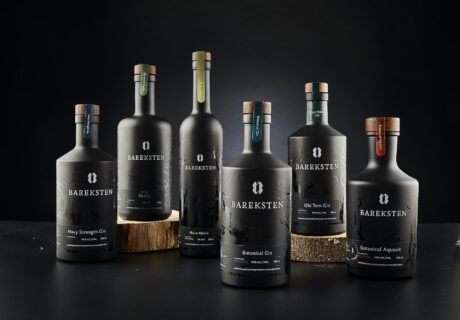IFOAM Organics Europe and the French Association of IFOAM Members are bringing legal action before the Paris Court of Justice in an attempt to block uptake of the Eco-Score label which they say is contributing to greenwashing.
The Eco-Score label was developed in France as an on-pack traffic light system to help consumers make more environmentally friendly choices when buying food and drink.
While the label aims to enable shoppers to understand the carbon footprint of their grocery items – grading products from dark green to red with the letters A to E – Jan Plagge, president of IFOAM Organics Europe, contests its transparency and states that the system is increasing consumer confusion.
“Instead of fighting greenwashing, labelling schemes like the Eco-Score contribute to it. They potentially mislead consumers about the organic or non-organic nature of the food products on which they are displayed, and favour products from intensive agriculture. The organic movement is concerned about the spread of such labelling schemes. It is more important than ever to better inform consumers about the environmental value of their food choices. But this must be done in compliance with the European legislation on organic farming as regards the terms used, and on the basis of methodologies that take into account all the externalities linked to different modes of agricultural production, particularly on biodiversity.”
Instead of fighting greenwashing, labelling schemes like the Eco-score contribute to it
The court case is being brought on the grounds of the label being ‘unfair to organic food production and deceptive for consumers’. The organic food associations believe that the Eco-Score format ‘unlawfully associates the diminutive ‘eco’ with non-organic certified products’, leaving room for consumer confusion ‘between products from conventional production and those from organic production’.
“The benefits of organic farming for the environment are clearly established … and its development is the best way to achieve an agri-environmental transition of our food systems,” argues Jacques Caplat, president of the French Association of IFOAM Members. “In an already difficult context of inflation for producers and consumers, attacks on organic farming – whether linked to the use of misleading terms or biased methodologies – must be stopped. Terms that are only allowed on organic food products by EU regulations should not be used for other purposes, and certainly not on food products that are not very environmentally friendly, as is currently the case with the Eco-Score.”





